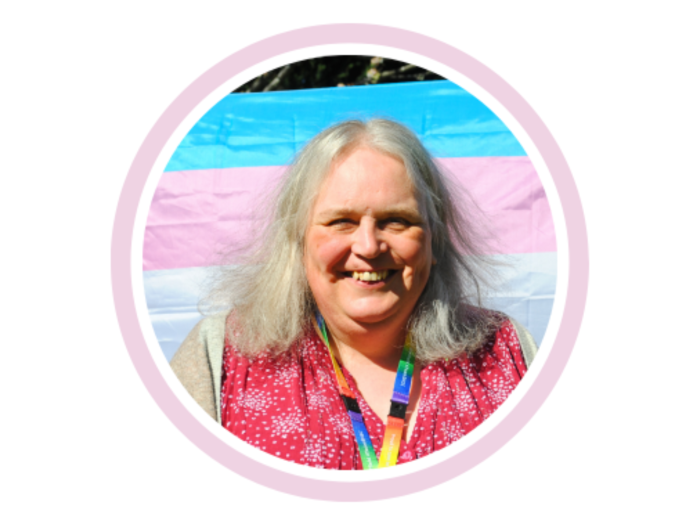International Day Against Homophobia Biphobia and Transphobia (IDAHOBIT) takes place every year on May 17.
IDAHOBIT is a worldwide celebration of sexual and gender diversity.
The theme for 2024 is 'No one left behind: equality, freedom and justice for all.'
Helen Goodson, a peer support worker based in the gender identity clinic reflects on what this year's theme means to her.
